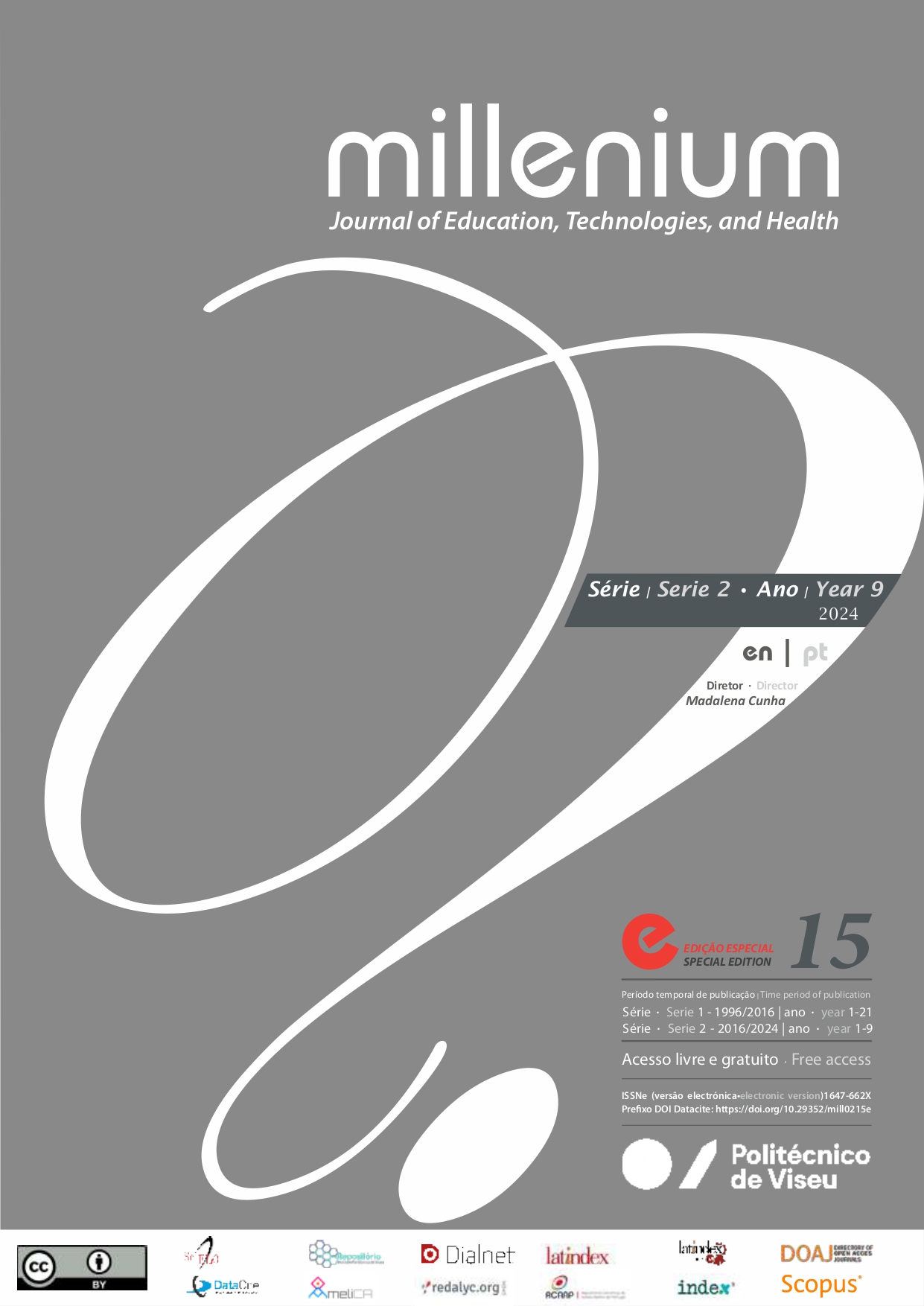Artificial Intelligence in Higher Education: Fraud and Merit - Assessing Knowledge and Competences in the Age of AI
DOI:
https://doi.org/10.29352/mill0215e.36511Abstract
A year and a half after the most popular platform for natural language processing, a sub-area of Artificial Intelligence developed by OpenAI, was made available to the public free of charge, educational institutions at all levels, particularly higher education, need to adapt quickly to a new reality, whose concern is being felt in different ways, in different sectors and levels of education. The initial euphoria, resulting from the appreciation of the exceptional ability to produce texts and solve complex problems such as writing algorithms, critical reflections, chemical reaction equations, and mathematical equations, among many other areas, quickly aroused a natural apprehension in the educational community about the implications that the use of this type of technology induces in the teaching/learning process. Although this concern is naturally evident at the different levels of education, it is mainly focused on higher education.
Downloads
Published
How to Cite
Issue
Section
License
Copyright (c) 2024 Millenium - Journal of Education, Technologies, and Health

This work is licensed under a Creative Commons Attribution 4.0 International License.
Authors who submit proposals for this journal agree to the following terms:
a) Articles are published under the Licença Creative Commons (CC BY 4.0), in full open-access, without any cost or fees of any kind to the author or the reader;
b) The authors retain copyright and grant the journal right of first publication, allowing the free sharing of work, provided it is correctly attributed the authorship and initial publication in this journal;
c) The authors are permitted to take on additional contracts separately for non-exclusive distribution of the version of the work published in this journal (eg, post it to an institutional repository or as a book), with an acknowledgment of its initial publication in this journal;
d) Authors are permitted and encouraged to publish and distribute their work online (eg, in institutional repositories or on their website) as it can lead to productive exchanges, as well as increase the impact and citation of published work
Documents required for submission
Article template (Editable format)





